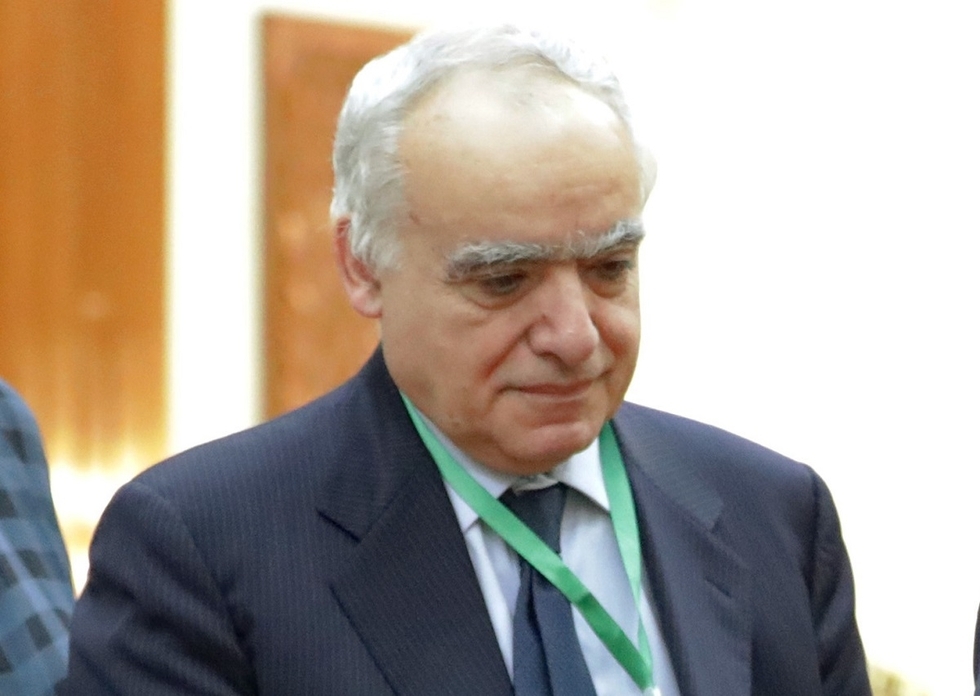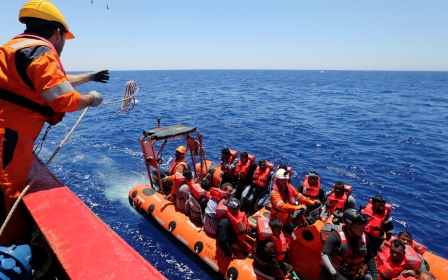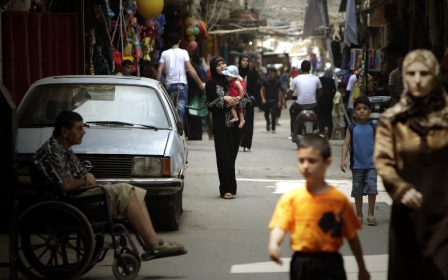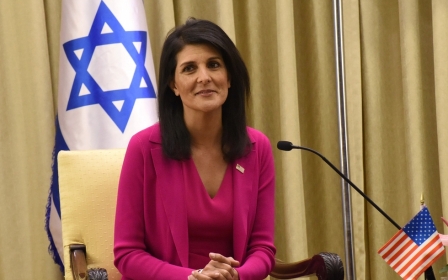UN approves former Lebanese minister as new Libya envoy

The United Nations Security Council on Tuesday approved the appointment of a former Lebanese culture minister as the new UN envoy to Libya, diplomats said, ending an unusually contentious four-month search.
UN chief Antonio Guterres on Friday officially put forward Ghassan Salame, a professor of International Relations and Conflict Resolution at Sciences Po in Paris, according to a letter seen by Reuters on Saturday.
The 15-member council must agree by consensus on the appointment of special envoys and members had until Tuesday evening to raise any objections. There were none, diplomats said.
The search for a successor to Martin Kobler, a German diplomat who has served as the UN representative in Libya since November 2015, began in February when Guterres proposed former Palestinian Prime Minister Salam Fayyad for the job.
The United States rejected Fayyad because of his nationality. US Ambassador Nikki Haley had said in February that Washington was "disappointed" to learn about Fayyad's appointment.
"The United States does not currently recognise a Palestinian state or support the signal this appointment would send within the United Nations," she said then.
Guterres described the US rejection as "a loss for the Libyan peace process and for the Libyan people."
Following that objection, Russia and other council members then rejected a British candidate and an American candidate, said diplomats. Kobler's posting was briefly extended until the end of June.
Libya slid into turmoil after the 2011 overthrow of ruler Muammar Gaddafi, with rival governments and armed alliances competing for power. A UN-backed government in Tripoli has struggled to impose its authority and has been rejected by factions in the east. The UN envoy to Libya has been trying to broker peace.
The political chaos and security vacuum has allowed militant groups to gain a foothold and human traffickers to thrive. Libya is the most common departure point for migrants trying to reach Europe by sea.
New MEE newsletter: Jerusalem Dispatch
Sign up to get the latest insights and analysis on Israel-Palestine, alongside Turkey Unpacked and other MEE newsletters
Middle East Eye delivers independent and unrivalled coverage and analysis of the Middle East, North Africa and beyond. To learn more about republishing this content and the associated fees, please fill out this form. More about MEE can be found here.




